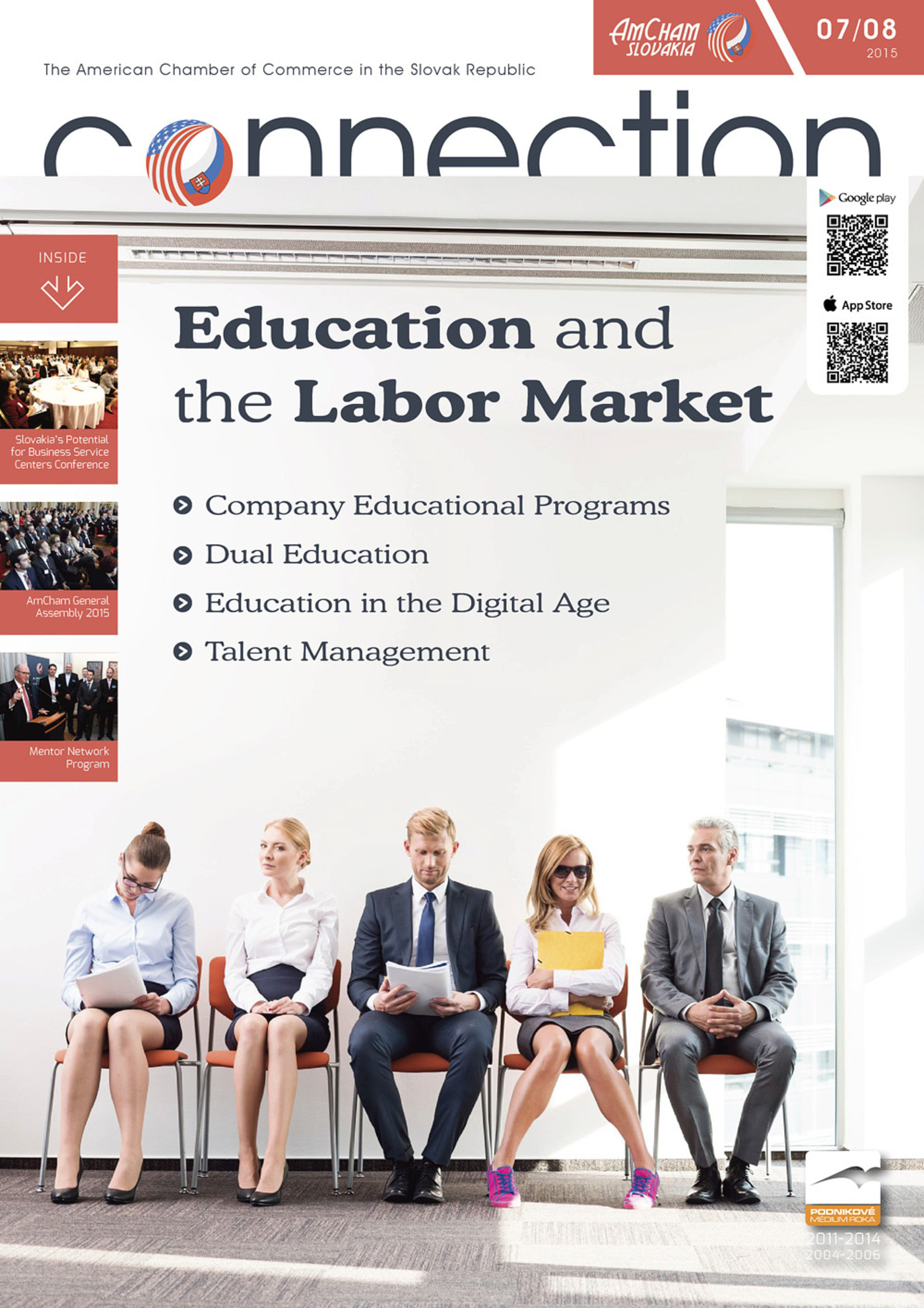They often serve as long-lasting quality insurers and good theoretical background providers especially for traditional academic streams. They also have a strong view on what their role is in society – and that this needs to change. The traditional way in which universities and businesses operate, however, needs to develop in order for universities to be partners for the ever changing business world. The rise of the MBA and executive education means that many universities around the world are in the business of educating and training today’s and tomorrow’s business leaders. Choices are abundant and the change may not require much time or money, just look around…
Inspiration for university business classes
Finance professionals need to understand numbers and how to interpret them. And they also need to have a strategic view, coupled with the need for soft skills. That´s why being a complete finance professional includes an understanding of financial accounting as well as management accounting, business analysis, financial management, corporate reporting, audit and assurance and a strong ethical compass.
The syllabuses of our exams offer relevant and up-to-date content on the accounting subjects as currently taught by companies preparing students for professional qualification as well as for teaching at Slovak universities. Other than the English language, student support available through the web page / student hub offers practice exam-style questions, completed exam papers with key technical articles, and insights from the Examining Team on how to approach exams and broaden understanding of exam topics. Teachers can benefit from further support by signing up for a free e-zine: teach.accounting@accaglobal.com.
Online courses hub
The online world offers a vast range of study options to all age groups. Massive Open Online Courses (MOOCs) are free to study and open to anyone in the world with internet access. MOOCs offer a variety of courses free of charge. ACCA was among the first to join the online learning revolution by focusing on how business and society work together. The aim of the “Discovering Business in Society” course was to give anyone the opportunity to learn the principles of business, including prospective undergraduate students, working professionals without a business background, people looking to return to work after an absence, or anyone seeking to further educate themselves. And for those interested in entering the finance profession, a MOOC can be an excellent starting point – there is a wide range of MOOCs out there online, from a wide range of providers; the choice is endless.
But equally, a MOOC in business and finance could also be useful to someone seeking to start a business – so they get a better understanding of what is involved – or to parents looking to return to work with a new set of skills. It’s not unusual today for working adults to seek out changes in their careers. A MOOC can give them a taste of what it might be like in a business environment. MOOCs are open to anyone, anywhere, of any age.
Opening up access to the profession
Across Europe, social mobility is an issue, especially when it comes to education, training and development. In 2010, the OECD published a report that showed that mobility in earnings, wages and education across generations is relatively low in France, southern European countries, the United Kingdom and the United States. By contrast, such mobility tends to be higher in Australia, Canada and the Nordic countries.
Education costs money. Books cost money. Building schools and funding universities cost millions. Higher and professional education can also be costly – for the state and for the individual. Education is a significant investment for many governments and their taxpayers. This can be burdensome for growing economies.
Access to quality education and training is an important way to tackle social mobility, and to build economic capacity. Many economies thrive or fail on the strength of their education system. It is something of a cliché, but without an educated, trained workforce, economies can and do falter.
A new development from our professional accountancy body, ACCA-X, goes some way to addressing this social mobility crisis. Its free courses start in July and our goal is to provide accessible, affordable and high quality learning that provides ambitious individuals with the opportunity to obtain the skills and qualifications they need for a rewarding career.
There are a wide range of opportunities in both the real and virtual online world of professional development that universities, companies and students can explore. This choice means that learning doesn’t stop after school or university – lifelong learning is an important way to upskill at work, make a CV sparkle, secure a new job or start on a journey to a career change.
Katka Benešová, Head of ACCA Czech Republic, Slovakia and Hungary



Follow us